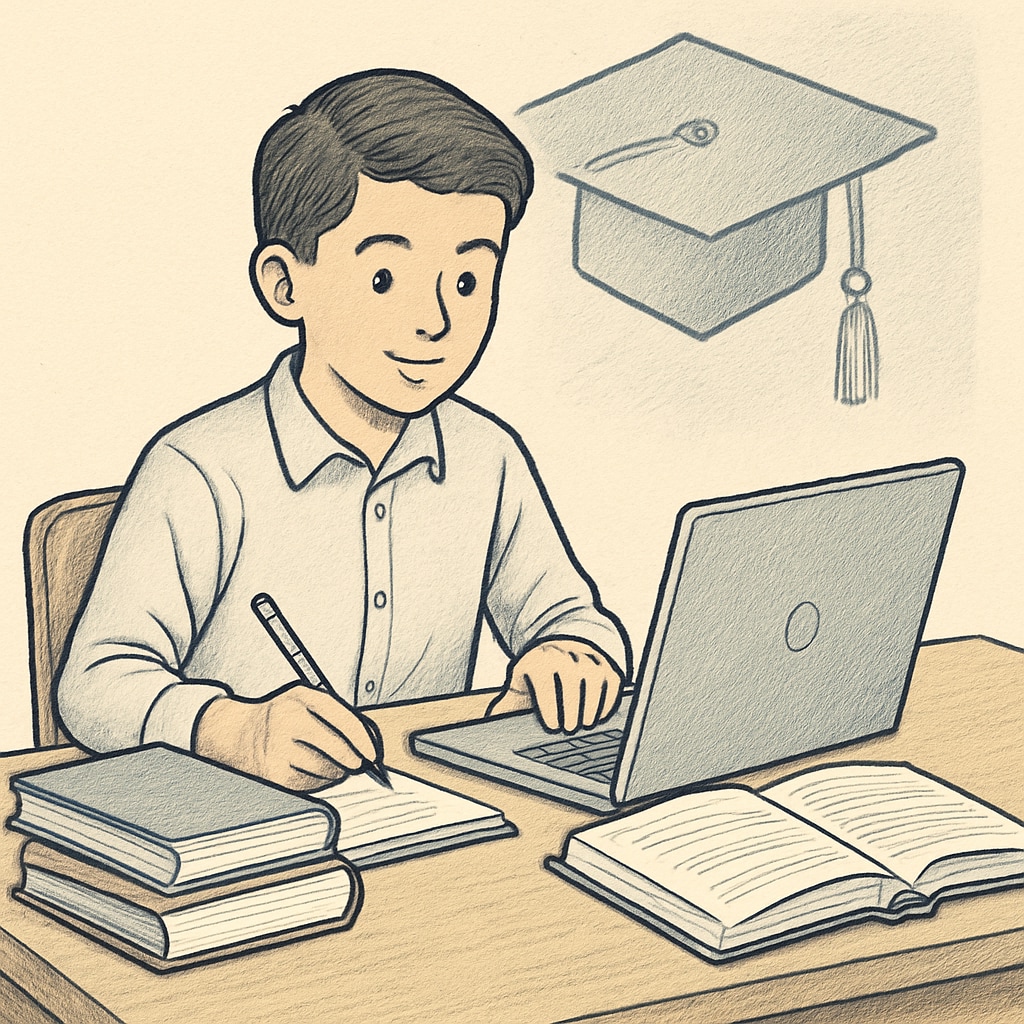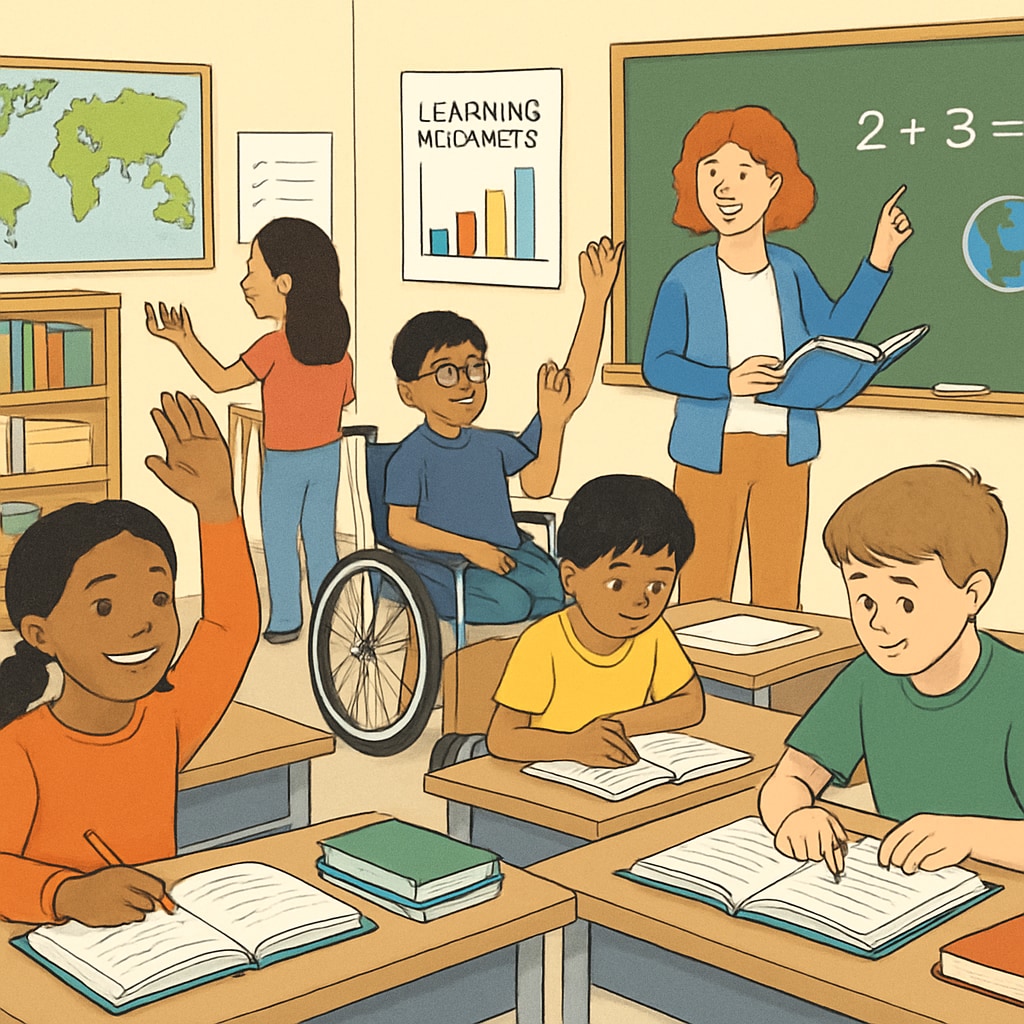Interruptions in education can have a profound impact on young learners, but the UK offers pathways for recovery that bring hope and opportunity. For example, consider the case of an 18-year-old student who left school during their 10th year. While academic disruption poses challenges, the UK education system provides flexible and supportive strategies to help students regain their footing and pursue their goals. This article examines the effects of interrupted studies and outlines practical steps for recovery, empowering students and families to navigate the path back to education.

Understanding the Impact of Interrupted Education
Academic disruption can occur for various reasons, such as family circumstances, mental health challenges, or socio-economic factors. The consequences of interrupted education often include loss of confidence, diminished career prospects, and social isolation. For young learners who leave school before completing key milestones, such as GCSEs (General Certificate of Secondary Education), regaining momentum can seem daunting.
However, it is essential to recognize that interrupted education does not define a student’s future. With the right resources and support, students can rebuild their academic journey. As highlighted in a Britannica article on education, lifelong learning and adaptive strategies are key to overcoming such disruptions.
Pathways to Educational Recovery in the UK
The UK education system offers several routes for students seeking to resume their studies. These pathways include formal schooling options, vocational training, and online learning platforms. For students who have missed GCSEs or A-levels, institutions such as further education colleges provide accessible courses tailored to individual needs.
Moreover, organizations like the Open University and online programs allow flexible scheduling, enabling students to study at their own pace. These options are particularly beneficial for students balancing work, family commitments, or personal challenges. As noted by Wikipedia’s entry on the Open University, such platforms are designed for inclusivity, ensuring that education remains accessible to all.

Practical Steps for Restarting Your Education
To rebuild interrupted studies, students and families can take the following steps:
- Assess Current Skills: Begin by identifying areas of strength and improvement, focusing on subjects that are essential for future goals.
- Research Available Pathways: Explore local colleges, online courses, and vocational training programs that align with individual needs.
- Set Achievable Goals: Break down academic objectives into manageable milestones to reduce overwhelm and maintain motivation.
- Seek Guidance: Connect with academic advisors, career counselors, or mentors who can provide personalized support.
- Utilize Financial Resources: Investigate funding options such as scholarships, grants, or government programs to alleviate financial barriers.
In addition, fostering a growth mindset is crucial for overcoming setbacks. By viewing challenges as opportunities for learning, students can build resilience and confidence in their abilities.
Conclusion: Embracing Second Chances
Interrupted education is not the end of the road—it is a detour that can lead to new beginnings. The UK education system provides diverse pathways for recovery, ensuring that students have the tools and resources needed to thrive. By taking practical steps and embracing a growth mindset, young learners can transform obstacles into stepping stones toward success.
If you or someone you know is facing academic disruption, remember that recovery is possible. With determination, support, and the right strategies, the journey back to education can be empowering and transformative.


